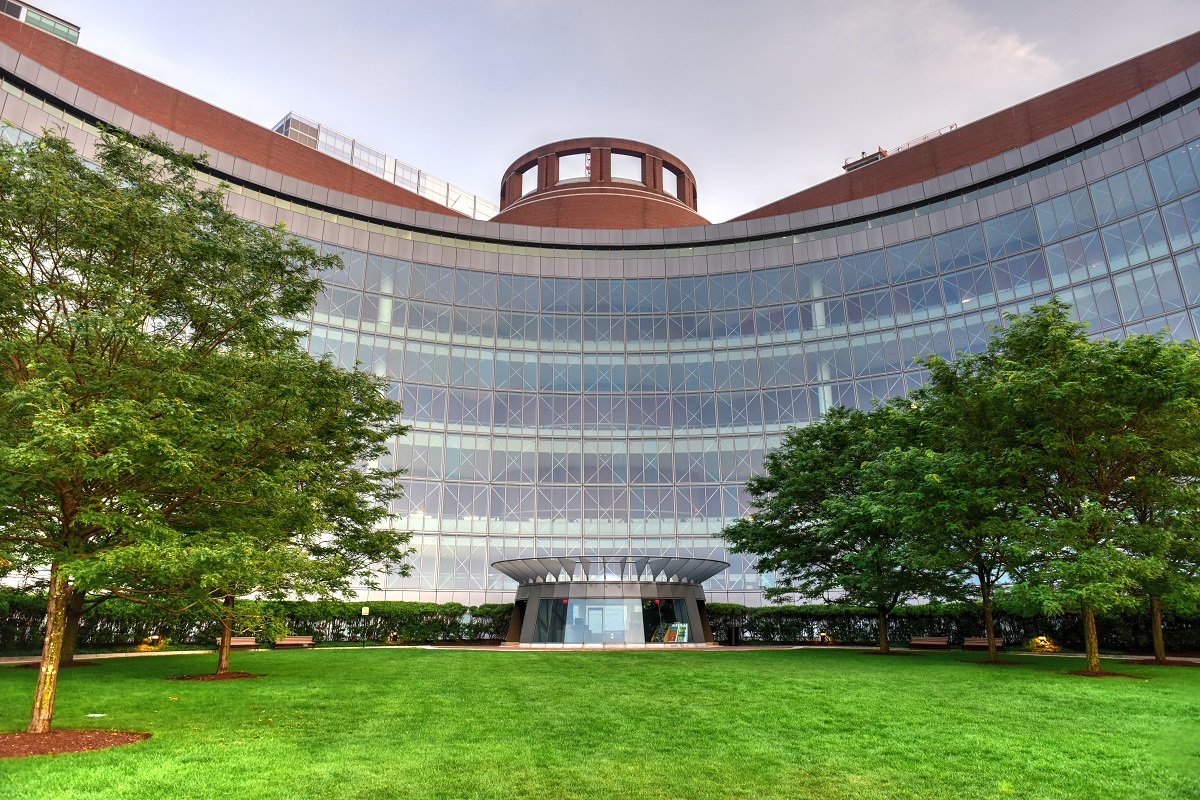
The U.S. Court of Appeals for the First Circuit recently dismissed an appeal in a putative class action removed from Massachusetts state court to federal trial court concerning a motion to compel arbitration, holding that the order was not a final decision and was not within an exception that would permit interlocutory review.
A copy of the opinion in Powers v. Receivables Performance Management, LLC is available at: Link to Opinion.
A consumer opened an account with a telephone company for landline telephone service and allegedly accrued an unpaid balance of several hundred dollars. Eventually, the telephone company referred the consumer’s account to a debt collector for third-party debt collection. The consumer alleged that the debt collector called her more than twice within a seven-day period.
In opening her account with the telephone company, the consumer assented to the company’s terms of service contract, which included an arbitration provision.
The consumer later brought a putative class action against the debt collector alleging violations of Mass. Gen. Laws ch. 93A and 940 Mass. Code Regs. 7.01-.10. The debt collector moved to compel arbitration in state court, relying on the arbitration provision in the service contract.
The state court denied the motion, after which the debt collector removed the case to federal court, where it filed another motion to compel arbitration. The federal trial court treated the motion as a motion for reconsideration of the state court order denying the arbitration and then denied it. The debt collector timely appealed.
When a case is removed from state court to federal district court, “[a]ll injunctions, orders, and other proceedings had in such action prior to its removal shall remain in full force and effect until dissolved or modified by the district court.” 28 U.S.C. § 1450. These prior state court orders are not appealable federal orders absent some action by the federal court. See Concordia Partners, LLC v. Pick, 790 F.3d 277, 279-80 (1st Cir. 2015). Rather, § 1450 serves “merely to preserve the status quo in the removed case.” Id. at 279.
For the purposes of the appeal, the First Circuit accepted that the federal trial court had denied a motion for reconsideration rather than a motion to compel arbitration. Viewed in this context, the Court concluded that the denial order was not a final decision and not within an exception that would permit interlocutory review.
The Court reasoned that “at least absent some newly available evidence, law, or a new stage of the proceedings, orders denying [untimely] motions for reconsideration of . . . appealable interlocutory order[s] are generally not themselves appealable.” Marie v. Allied Home Mortg. Corp., 402 F.3d 1, 8 n.4 (1st Cir. 2005). Here, the First Circuit determined that the motion for reconsideration was not based on newly available evidence or law, and the case remained at the same stage of the proceedings as when the motion was denied. Id. at 8 n.4.
Nevertheless, the First Circuit recognized that reconsideration can also be warranted for a “manifest error of law” and that the debt collector here also argued that the state court’s denial of its motion to compel arbitration contained a “manifest error of law.”
However, the Court held that the debt collector did not persuasively argue that merely asserting a “manifest error of law” can provide a basis for appellate jurisdiction in the way that asserting “newly available evidence[] [or] law” can. See United States v. Zannino, 895 F.2d 1, 17 (1st Cir. 1990); see also Cozza v. Network Assocs., Inc., 362 F.3d 12, 15–16 (1st Cir. 2004).
Accordingly, the First Circuit dismissed the appeal, holding that this was an improper interlocutory appeal.
Photo: demerzel21/stock.adobe.com


